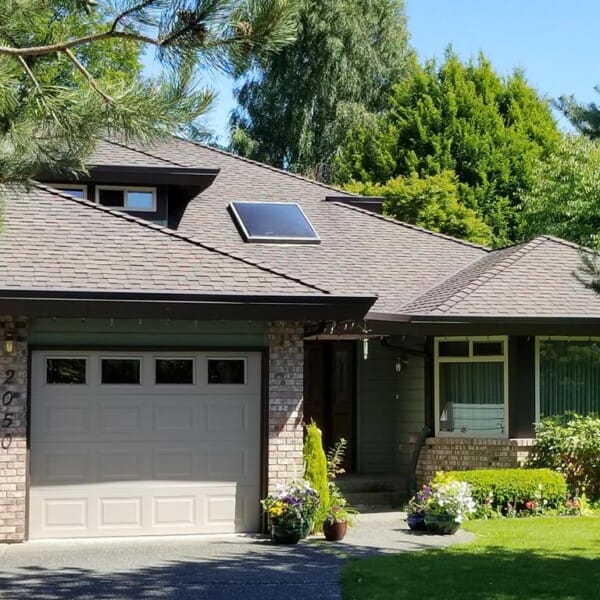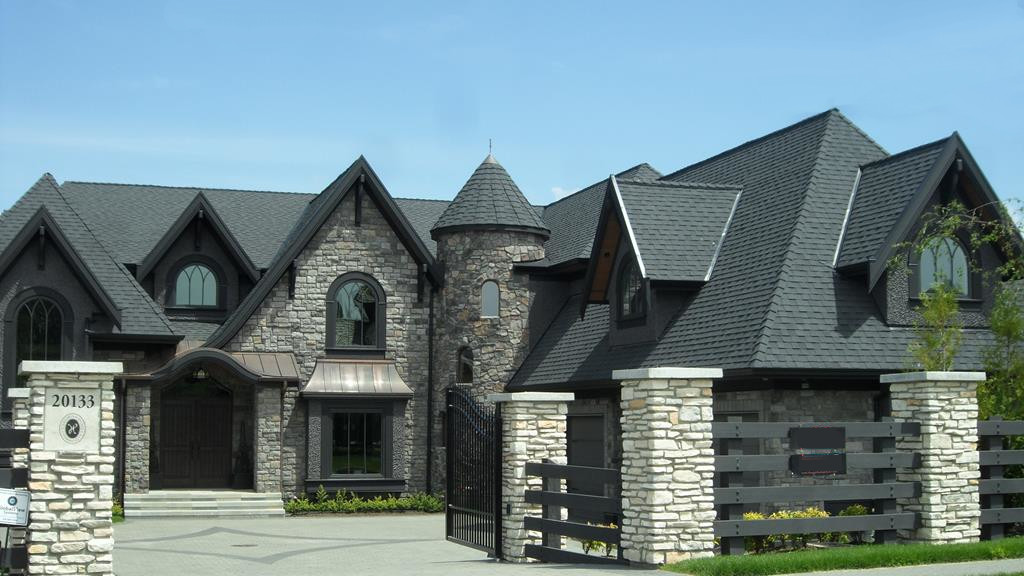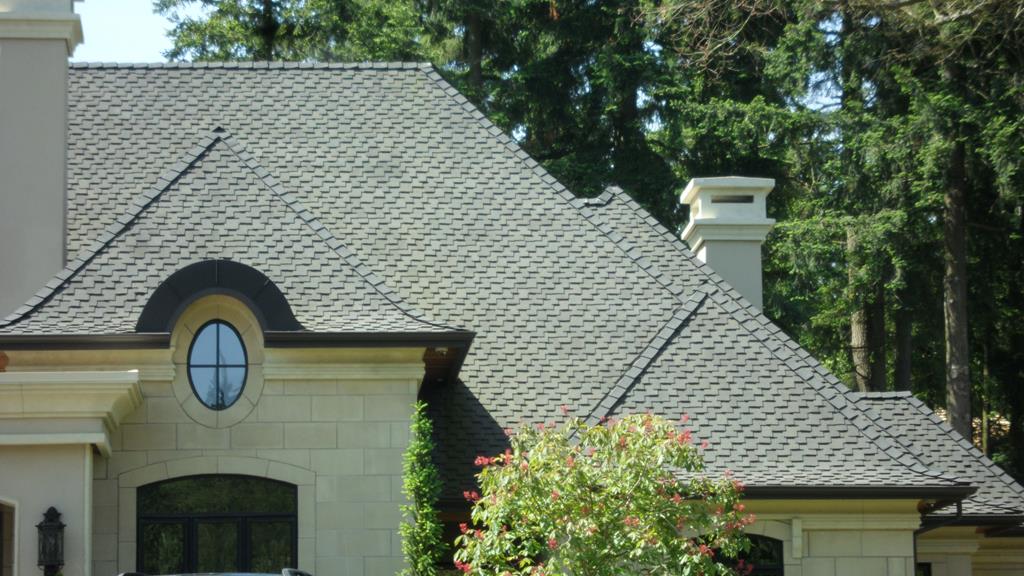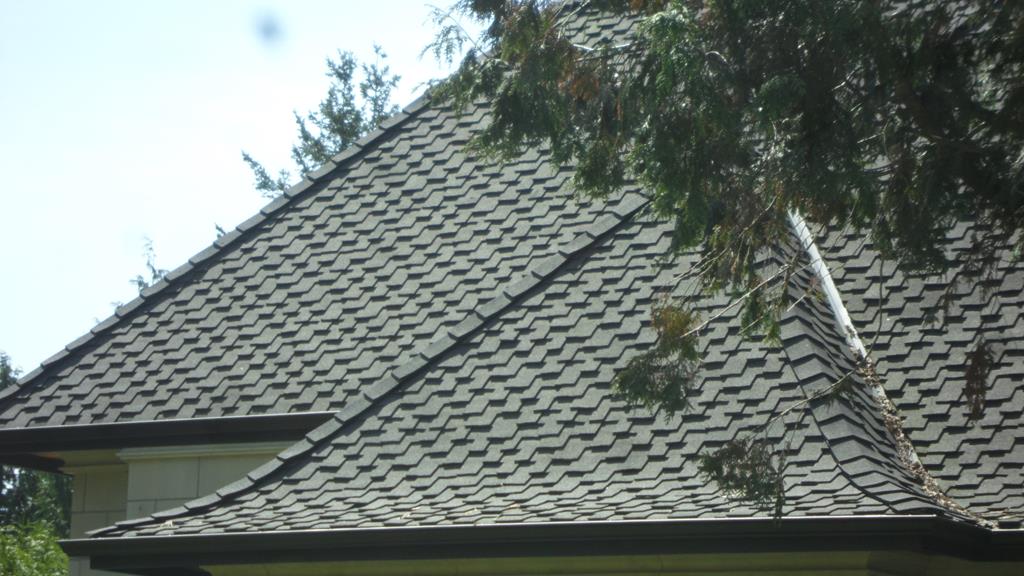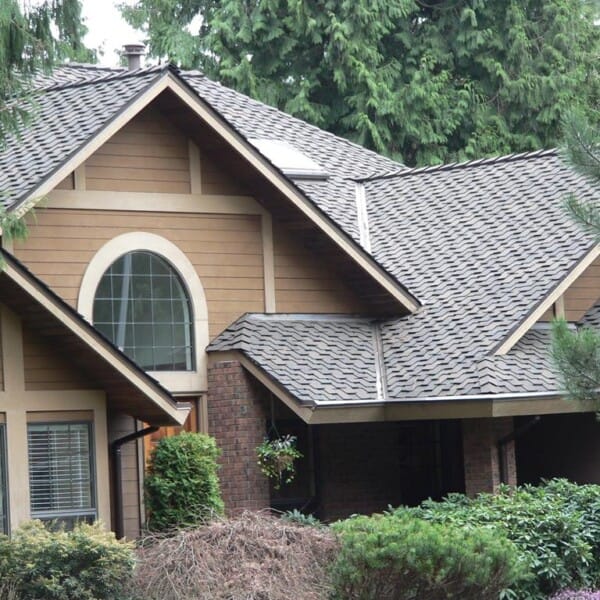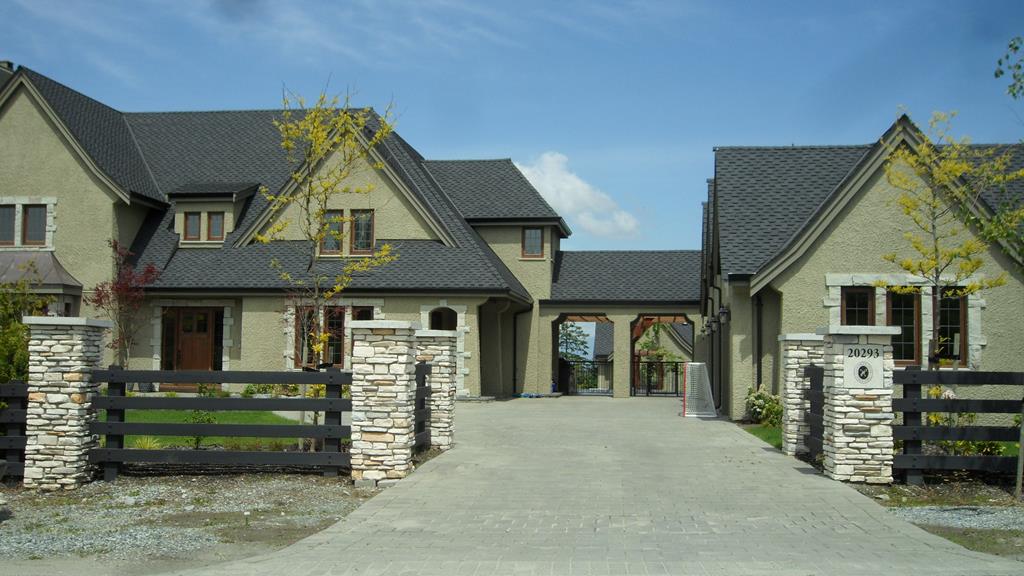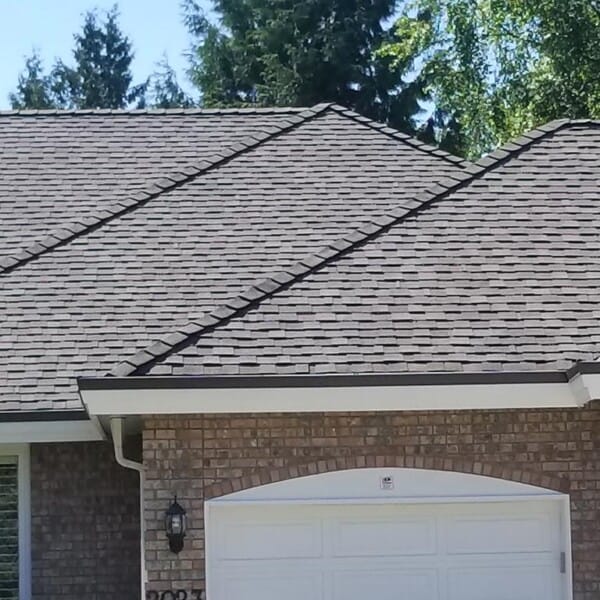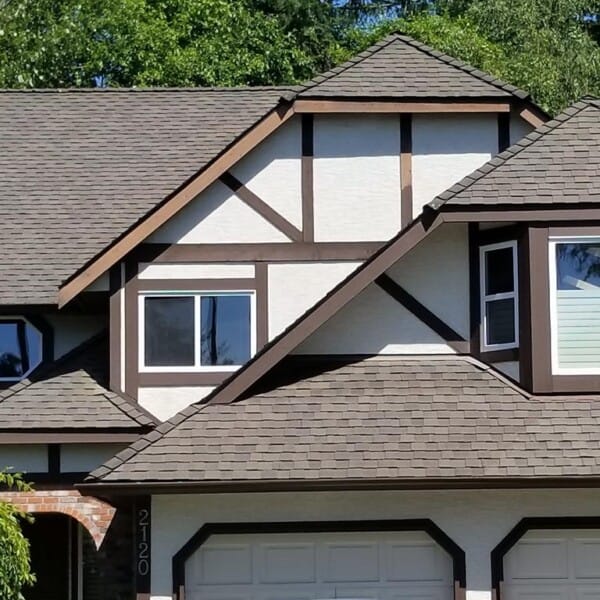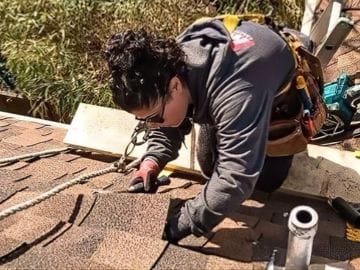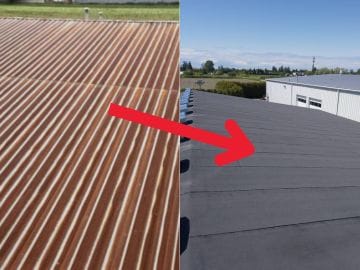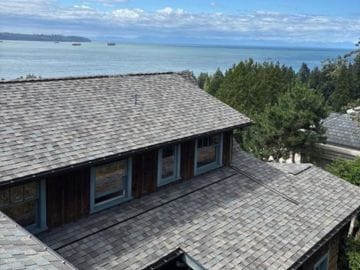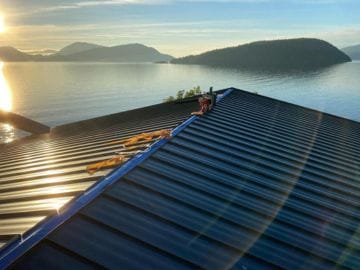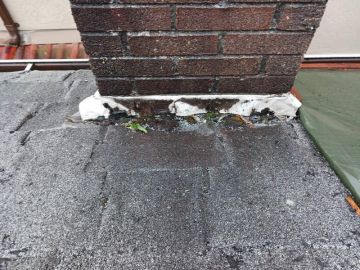All asphalt fibreglass roofing shingles on the market today have "Limited Lifetime" shingle warranties. That sounds pretty good, but does it mean your shingles, even the most inexpensive ones, will last forever on your roof?
Doesn't mean they last a lifetime
The quick answer is "no, they won't" and that is not what "limited lifetime" means for shingle manufacturers. It is a common misconception though for homeowners and even some roofers.
Need to know something about shingles
Time for a little history. Shingle manufacturers have never promised longevity for any shingle ever sold on the market. They used to have ten-year and 15-year warranties on the old-fashioned shingles in the fifties, sixties, seventies and eighties. And those shingles tended to last 15 or 17 years back then. So the commitment seemed to match the longevity, but that was just a coincidence.
When fibreglass shingles entered the market in a huge way in the early 1990s, the warranties that were available at that time, which were your selection choice criteria, you would look at either a 25-year shingle, a 30-year shingle, or a 40-year shingle.
And why did people care about 40-year shingles? Well, first of all, they don't want to see the roofers too often... it's not an inexpensive trade. But more importantly, the 40-year shingles were chosen because they were thicker. The richer texture looked more like a real cedar shake. Therefore, you didn't feel you were cheapening the house back when many were removing old cedar shakes and converting their roofs to asphalt products.
One manufacturer started the "limited lifetime" trend
Well, back around 2010, one large shingle manufacturer changed the roofing shingles world in North America. They started to call all their shingles "Limited Lifetime Warranty" . Everybody else had to follow suit because this company was so big they couldn't ignore it, and that set the trend.
So every shingle that you look at today says they are offering a "Limited Lifetime" warranty.
But what does this mean? You still need to know a bit more to understand this.
Shingle quality is important to long life
The standard entry-level shingles that used to be called a 25-year "Limited Warranty" are not as heavy today and they don't have as much asphalt as they did when they first arrived in western Canada in the early 1990s.
Back then, a 25-year Limited Warranty shingle was virtually always 240 pounds per 100 square feet of shingles. One hundred square feet of shingles is called a "square" in roofing terminology, so the norm back then was 240 lbs per square.
Today, most entry-level shingles are 204 lbs to 216 lbs per square. Ouch.... pretty light now. This is because all shingle manufacturers decided to lower the weights of their shingles to either save money or to delay price changes. We now estimate that these lighter-weight shingles will last around 17 to 25 years of roof-life expectancy compared to the older generation at 240 lbs that lasted 24 to 28 years in this region.
But these lighter-weight shingles are called Limited Lifetime just the same as upgraded and better quality shingles.
So what does "Limited Lifetime shingle warranty" actually mean?
Well, it's really just a quality pledge. If you look at the wording, it says, I promise you... the homeowner... for your lifetime, that we made the shingles to a certain quality and standard and if we messed up in our sole opinion, here's a chart of what we're going to do for you to fix the problem. The first five or ten years of shingle life is not prorated. And then after ten years, it's usually prorated quite severely. Limited lifetime means very limited and doesn't mean the shingle will have any specific longevity duration.
How does a homeowner decide on what roofing material to use?
Well, in Greater Vancouver, we get severe storms fairly frequently. Roofs in this area are challenged to hold out the weather and stay on the roof without blowing off. The thinnest shingles do not have a lot of wind resistance in them. They're okay. But you're really minimizing the defence against our weather cycles.
Moving up to a thicker and heavier shingle will provide more wind resistance, more storm resistance, and gets you more asphalt in the shingle which means it will certainly last longer.
You can also move up to the greater-textured, heavier-weight shingles because you want more thickness and texture and improved richness and architectural style for the look it gives the home. This heavier weight of asphalt gives you an even longer roof life while enhancing the curb appeal of the home.
Depending on your home, deciding on a thicker shingle might be the best investment in this region. Family homes in the Greater Vancouver area generally start at about $1.5 million and go up to $4 million very quickly. So, a small incremental upgrade investment is well worth it on our valuable homes around here, in most cases.
Generally speaking, it's anywhere from a $2,000 to $5,000 investment to move up from an entry-level thin shingle to a medium weight or a heavier weight on a typical roof size around here. It's a pretty minor investment change to increase the longevity of your roof, improve its ability to better combat our climate with improved home weather defences, and keep up the look of the home in the meantime.
We hope this information helps you understand much better the limited lifetime shingle warranty promises are not how you decide what shingle you should select, and that heavier weight shingles than typical "entry-level" lighter shingles can equate to a much better decision for the roof on your home, especially in our tougher weather climate region, and for enduring our rougher climate change cycles that our roofing systems need to withstand.


